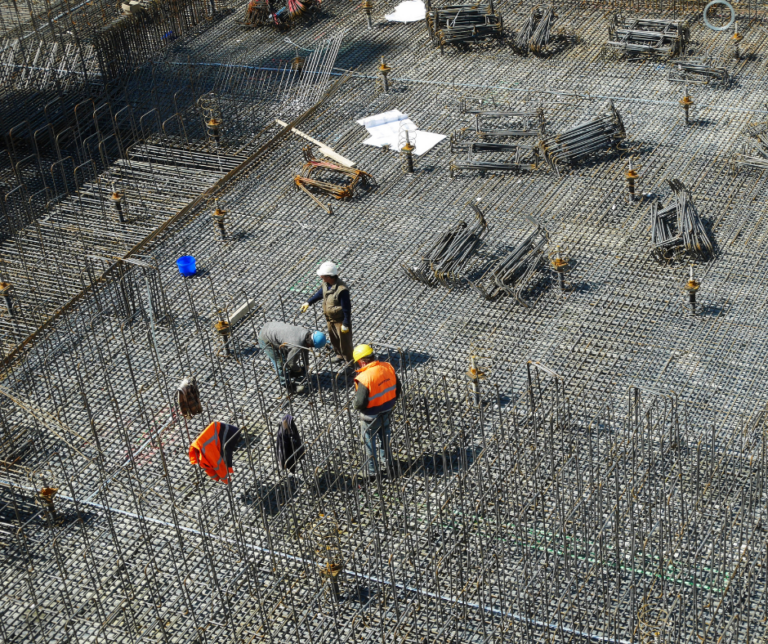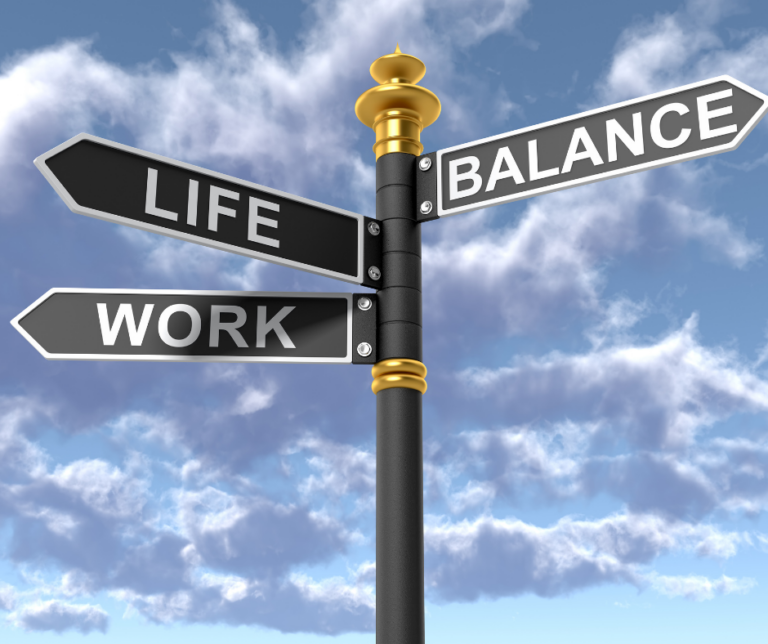How to avoid burnout in HR – stress and energy management techniques?

Working in HR means constant contact with people, requiring quick response and problem-solving. Recruitment, onboarding, team conflicts, and the pressure to perform – all of this makes HR professionals particularly vulnerable to emotional overload and burnout. The good news? There are effective techniques to help you manage stress and nurture your energy.
1️⃣ Recognize the warning signs
The first step is awareness. Chronic fatigue, decreased motivation, irritability, difficulty concentrating – these are signs that your body needs support. Don't ignore them – a quick response prevents the problem from worsening.
2️⃣ Set healthy boundaries
HR professionals often feel they must be available to everyone at all times. However, it's important to set clear boundaries: specify the times when you respond to emails and when you're offline. By respecting your time, you also teach others to respect your work.
3️⃣ Use micro-breaks
Taking a short break every 60–90 minutes allows you to reset your mind. Get up from your desk, stretch, drink some water, or walk around the office. Even two minutes of "breathing" can help you stay fresh and better manage your emotions.
4️⃣ Manage your energy, not just your time
It's crucial to plan your work according to your energy levels. Complete the most demanding tasks when you're most energetic (e.g., in the morning). Leave routine tasks for later.
5️⃣ Delegate and trust the team
In HR, it's easy to fall into the trap of trying to control everything. Trust your colleagues and delegate tasks – this will not only reduce your operational burden but also strengthen your team's competencies.
6️⃣ Take care of your regeneration after work
Physical activity, a healthy diet, hobbies, and socializing with loved ones—these aren't "nice-to-haves," but essential elements in preventing burnout. Regularly "recharging" helps maintain perspective and perspective.
7️⃣ Take advantage of support
Mentoring, coaching, and support groups for HR professionals can be a huge help. Sharing experiences and discussing challenges with others in the industry allows you to find solutions more quickly and feel like you're not alone.
8️⃣ Improve tools and processes
Often, it's the chaos in processes and the lack of technology that generates the greatest stress. It's worth investing in automation, reporting, and communication tools – they can help reduce the workload on your team and streamline daily work.
Summary
HR is about working with people, but not at the expense of yourself. Conscious management of stress and energy, attention to healthy boundaries and regeneration is an investment in effectiveness and long-term professional satisfaction.
Burnout is not inevitable – it can be prevented if we take well-being as seriously as our business goals.








